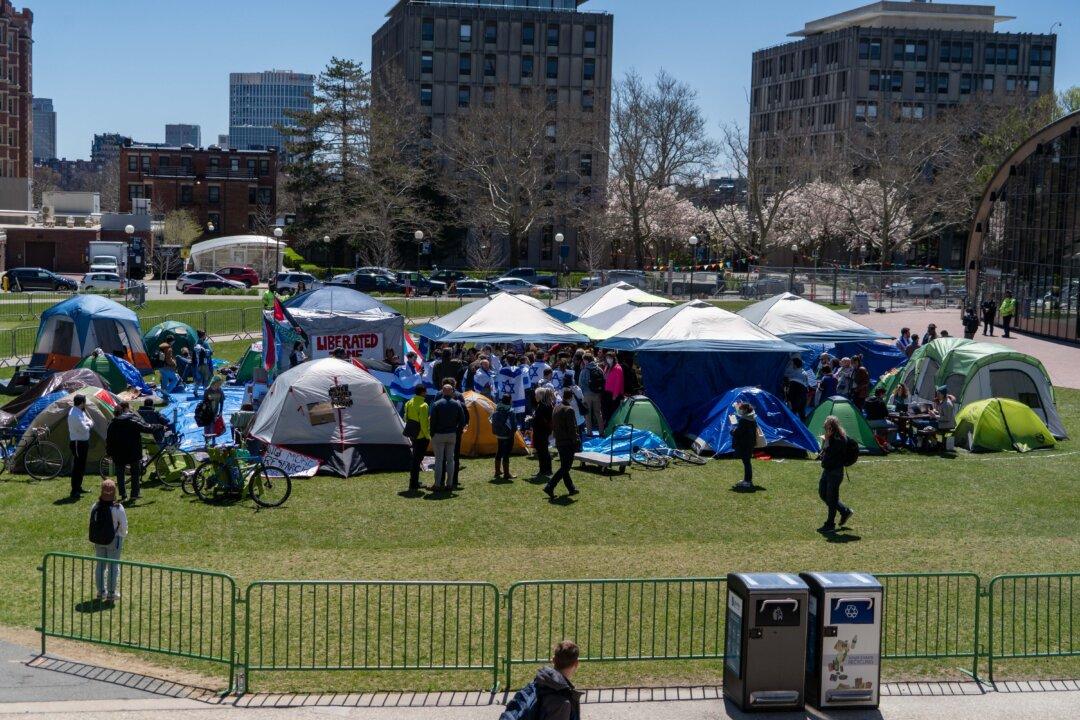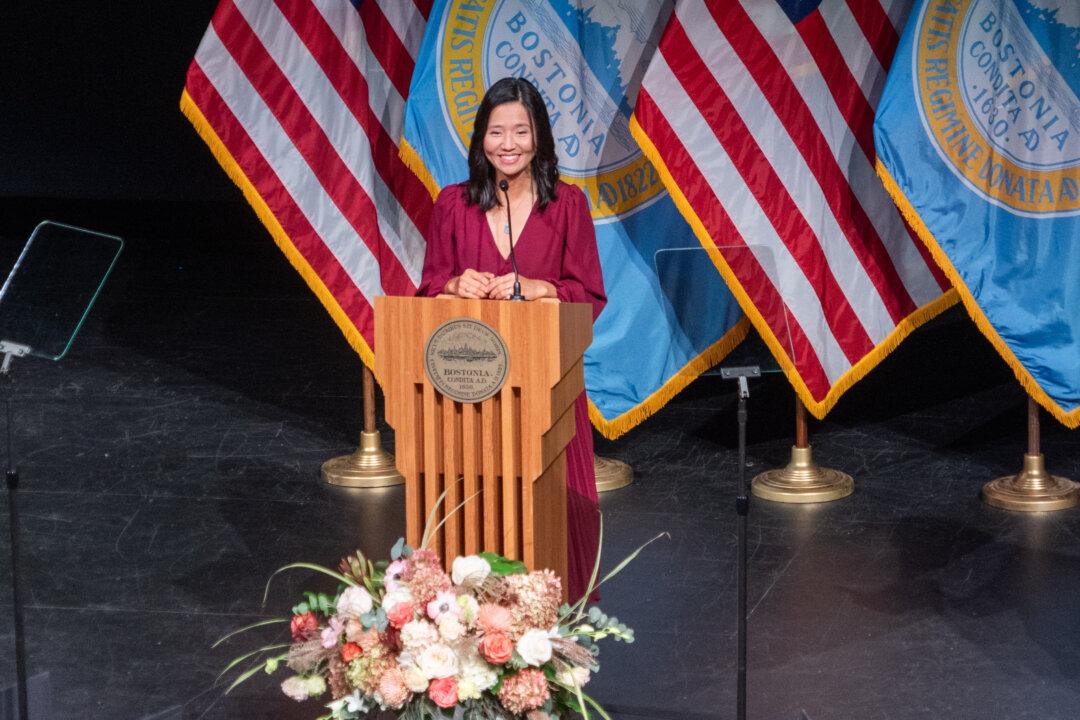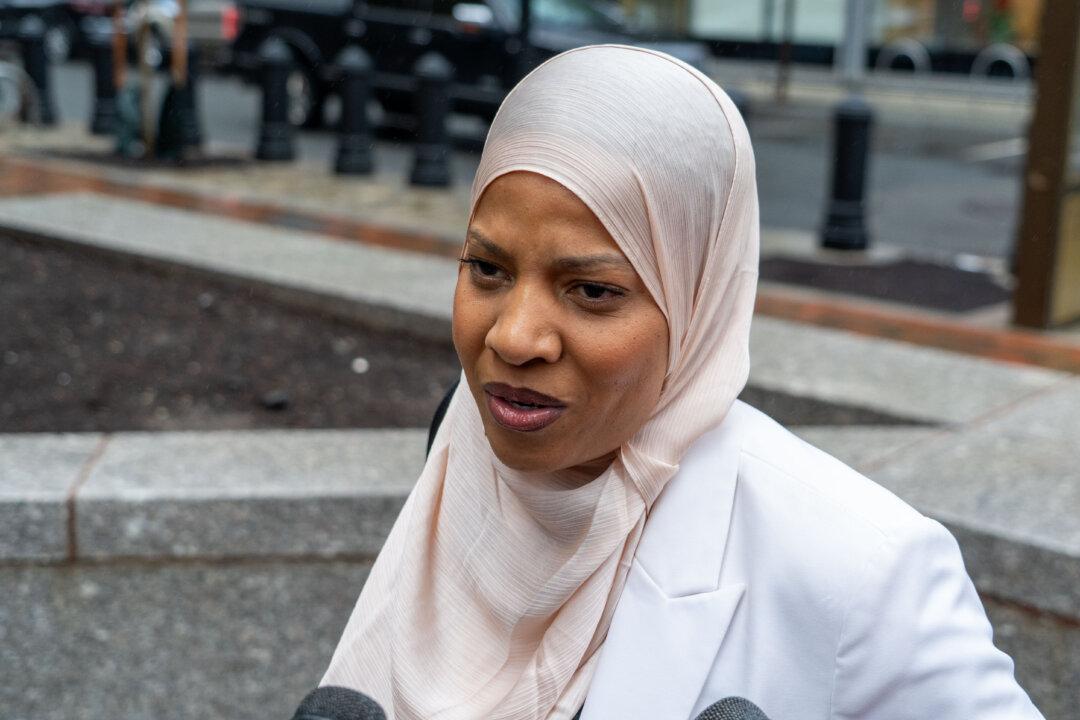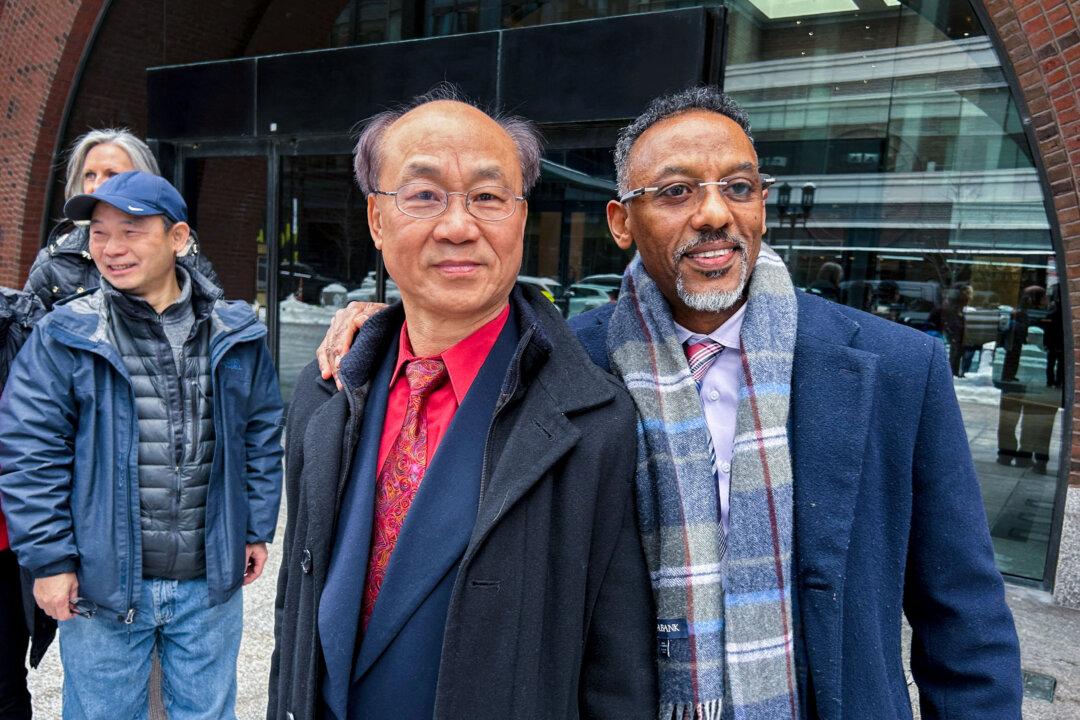In recent weeks, protests have increased across the United States, with demonstrations focusing on pro-Palestine and anti-Israel sentiment. In the Boston area, protesters at several universities have set up tents on campus. Harvard University responded by closing its campus, while hundreds were arrested at Emerson College and Northeastern University for occupying public spaces.
On April 26, The Epoch Times observed numerous tents erected on the campuses of Harvard University and the Massachusetts Institute of Technology (MIT) in Cambridge, decorated with Palestinian flags and signs declaring them to be “liberated zones.”




